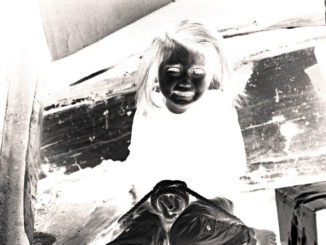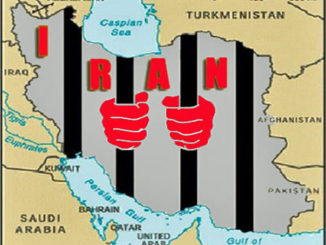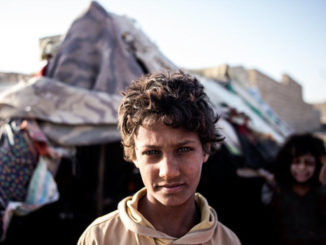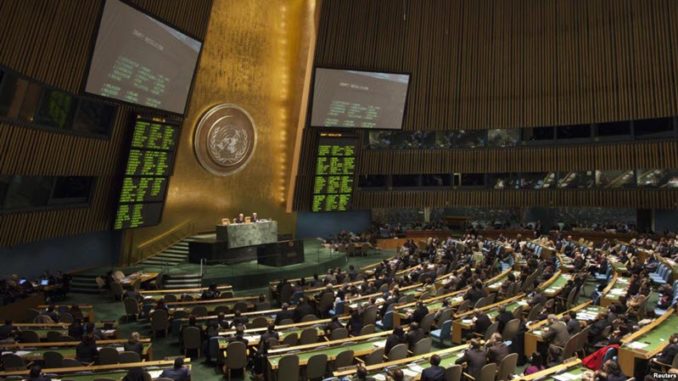
The UN General Assembly adopted a resolution on Monday censoring human rights violations in Iran expressing serious concern at the “alarmingly high” use of the death penalty by the Iranian regime while urging the regime to stop its widespread arbitrary detention and executions.
The General Assembly’s Resolution drafted by Canada was adopted by a vote of 84 to 30 and 67 abstentions. This was the 65th such resolutions over the years and it single outs the Islamic Republic’s discrimination against women and persecution of religious minorities while highlighting harassment, intimidation and persecution against religious minorities including Sunni Muslims, Gonabadi Dervishes, Christians, Jews, Yarsanis, Zoroastrians and members of the Baha’i faith in Iran.
The Iranian Resistance President-elect, Maryam Rajavi, welcomed the adoption of the 65th UN resolution condemning the systematic and grave violations of human rights in Iran and said the resolution “once again confirmed that the regime blatantly tramples upon the Iranian people’s most fundamental rights in all political, social and economic spheres.”
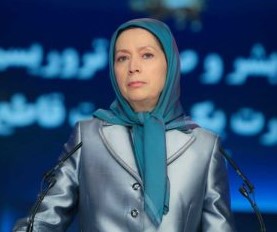 “The Iranian regime is in no way congruous with the 21st century and must be isolated by the world community,” Mrs. Rajavi noted.
“The Iranian regime is in no way congruous with the 21st century and must be isolated by the world community,” Mrs. Rajavi noted.
Mrs. Rajavi reiterated, “Although the resolution fails to address many aspects of the inhumane crimes committed by Iran’s religious fascism, it leaves no doubt that this regime is the most brutal and aggressive violator of human rights in today’s world. The inaction of the international community against the crimes of this regime has emboldened it to continue and spread these crimes, the latest example of which has been the barbaric raids on the residences of the Steel workers of Ahvaz and the arrest of dozens of those who demand their minimum rights.”
She added, “The impunity of perpetrators of the massacre of political prisoners in 1988, one of the most obvious examples of crimes against humanity after the Second World War, played a major role in encouraging the regime to continue its crimes against humanity. In particular, the regime leaders are either directly involved in or continue to defend this horrible crime and prevent disclosure of details such as the names of the victims and their burial grounds.”
“The immunity of the regime’s leaders has not only led to more brutal violations of human rights, but also assured them that their crimes in other parts of the world will also go unanswered. This has led to the expansion of the regime’s belligerence, fundamentalism and terrorism in the region and the world,” she stressed.
Mrs. Rajavi concluded, “Therefore, the international community should investigate the crimes of this regime, especially the 1988 massacre, and refer the dossier of these crimes to the UN Security Council. Ali Khamenei, Hassan Rouhani and other officials responsible for these crimes must be brought to justice. This is not only the right of the Iranian people, but also a prerequisite for peace and the fight against terrorism.”


